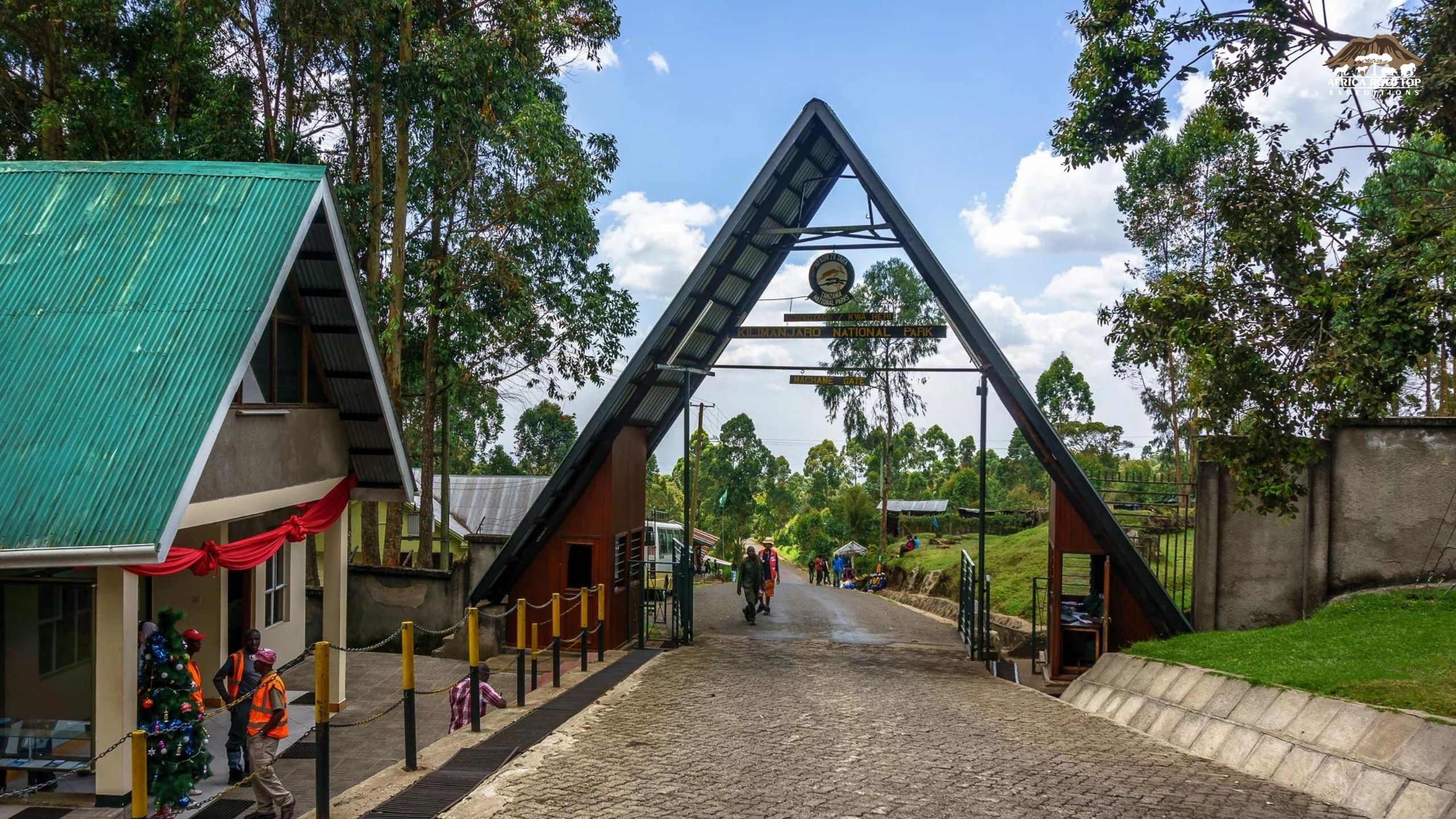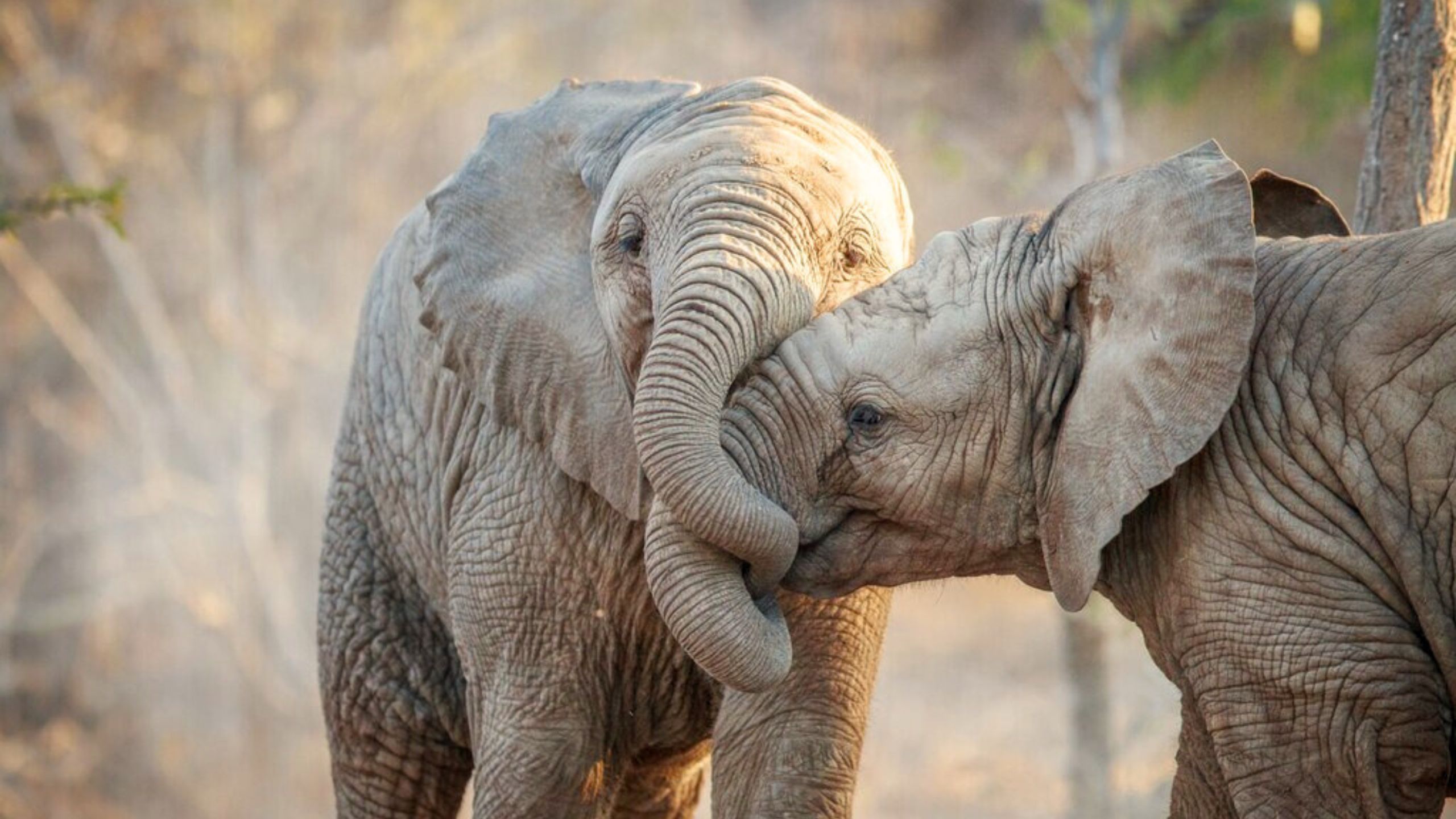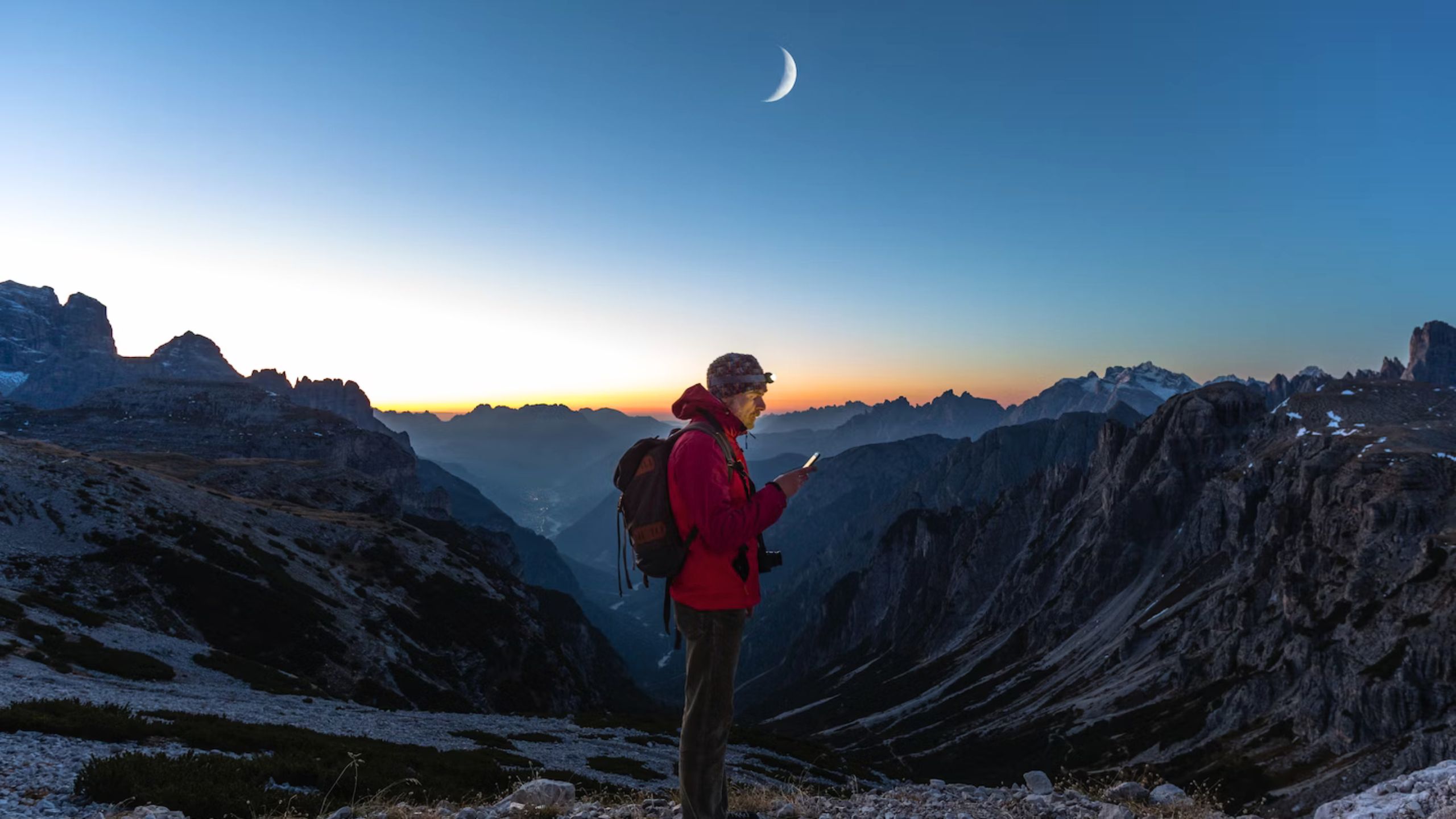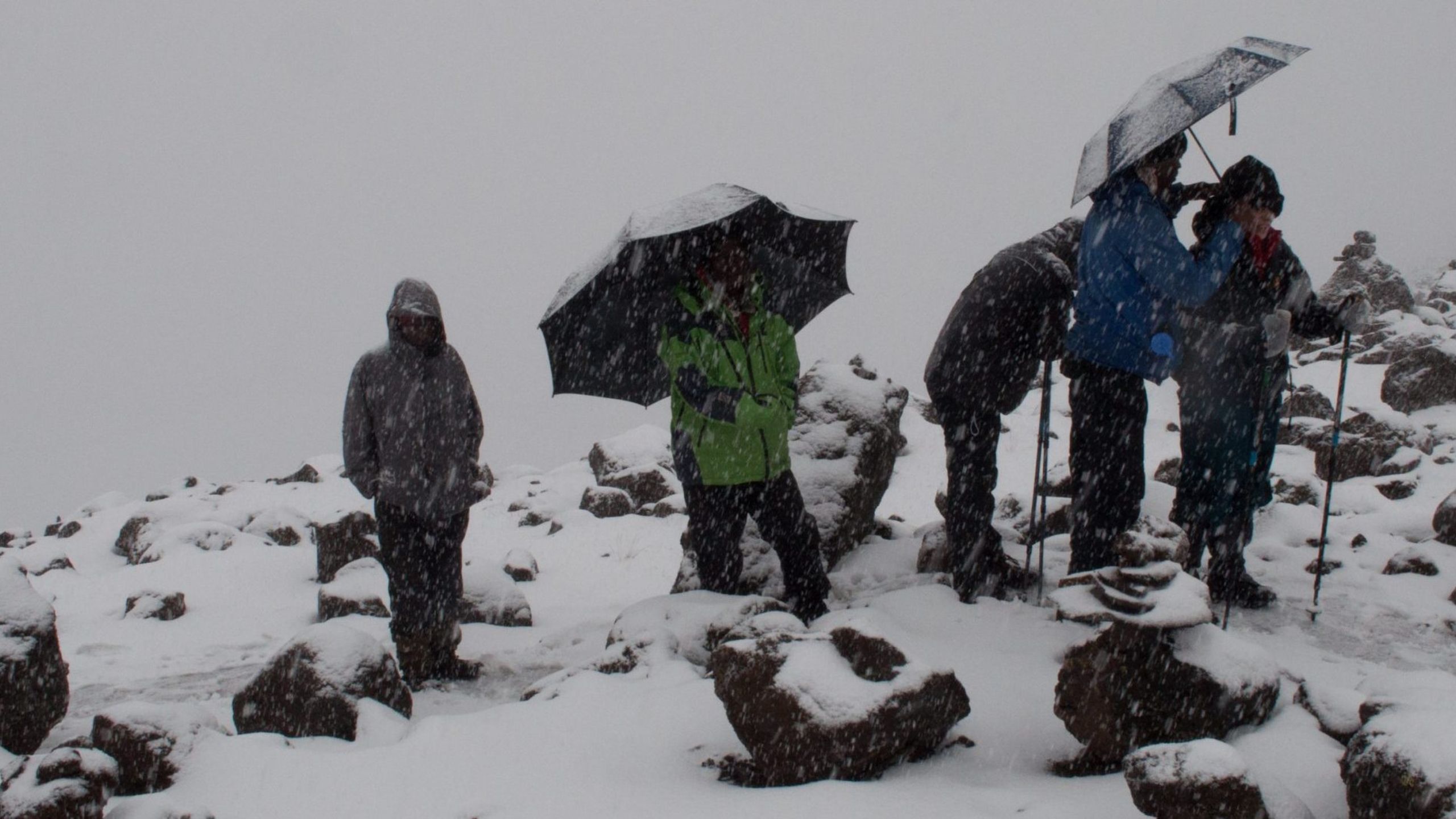Climb Kilimanjaro, the highest peak in Africa, is a challenging and rewarding endeavor. The duration of the climb can vary depending on the route chosen, the climber’s fitness level, acclimatization needs, and weather conditions.
Typically, it takes between 5 to 9 days to complete the ascent and descent. In this response, I’ll provide you with a comprehensive overview of the climb, the different routes available, and what to expect during each day of the journey.
Before I dive into the details, it’s important to note that climbing Kilimanjaro should not be taken lightly. It is a high-altitude climb, reaching 5,895 meters (19,341 feet) at the summit, Uhuru Peak. Proper preparation, including physical training and acclimatization, is crucial for a safe and enjoyable experience. It is also recommended to climb with a reputable tour operator that provides experienced guides, porters, and necessary equipment.
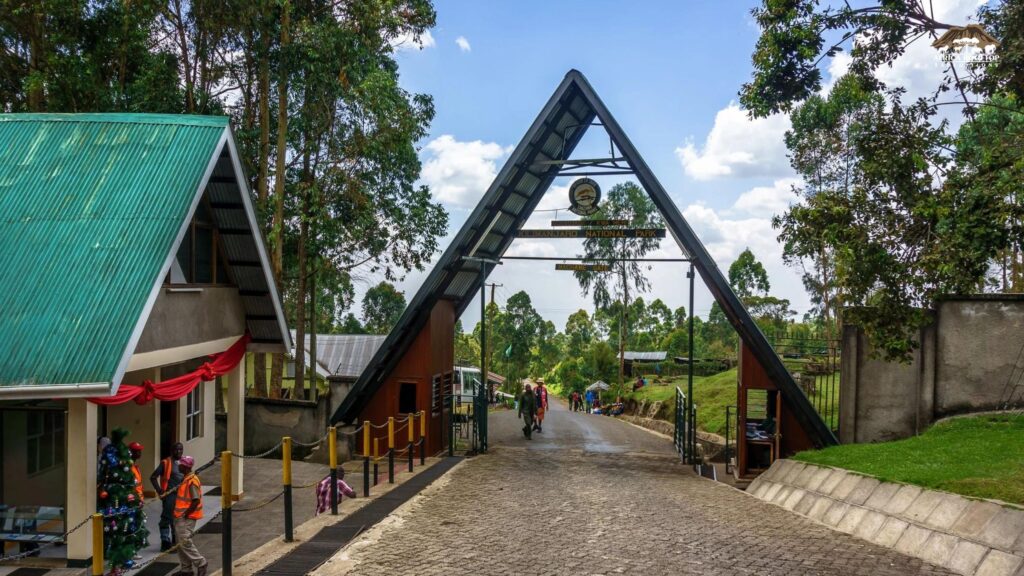
Now, let’s explore the typical itinerary for climbing Kilimanjaro using the Machame Route, one of the most popular routes that offers scenic beauty and good acclimatization opportunities. This itinerary assumes a 7-day climb:
Day 1: Arrival in Moshi
- Arrive in Moshi, a town near the base of Kilimanjaro, and meet your climbing team.
- Attend a briefing with your guide to discuss the climb and check your equipment.
Day 2: Machame Gate to Machame Camp
- Drive from Moshi to the Machame Gate (1,800 meters/5,905 feet).
- Begin the trek through the rainforest, reaching Machame Camp (3,010 meters/9,875 feet) in approximately 5-7 hours.
- Set up camp, rest, and enjoy dinner.
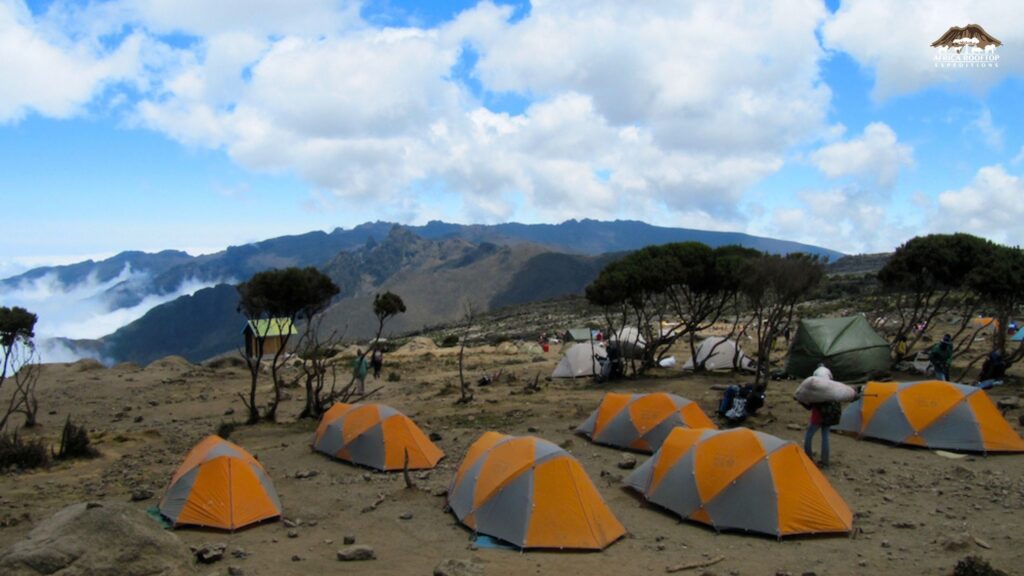
Day 3: Machame Camp to Shira Camp
- Trek from Machame Camp through heather and moorland zones.
- Ascend to Shira Camp (3,845 meters/12,615 feet), which takes around 4-6 hours.
- Take in stunning views of Mount Meru and the Shira Plateau.
Day 4: Shira Camp to Barranco Camp
- Hike through the semi-desert and rocky landscapes.
- Ascend to Lava Tower (4,630 meters/15,190 feet) for acclimatization and descend to Barranco Camp (3,950 meters/12,960 feet).
- This day usually takes 6-8 hours, and you’ll encounter the famous Barranco Wall, a thrilling but manageable scramble.
Day 5: Barranco Camp to Karanga Camp
- Traverse the Great Barranco Valley and ascend the Barranco Wall.
- Trek to Karanga Camp (3,995 meters/13,106 feet), which takes around 3-4 hours.
- Rest and prepare for the upcoming summit attempt.
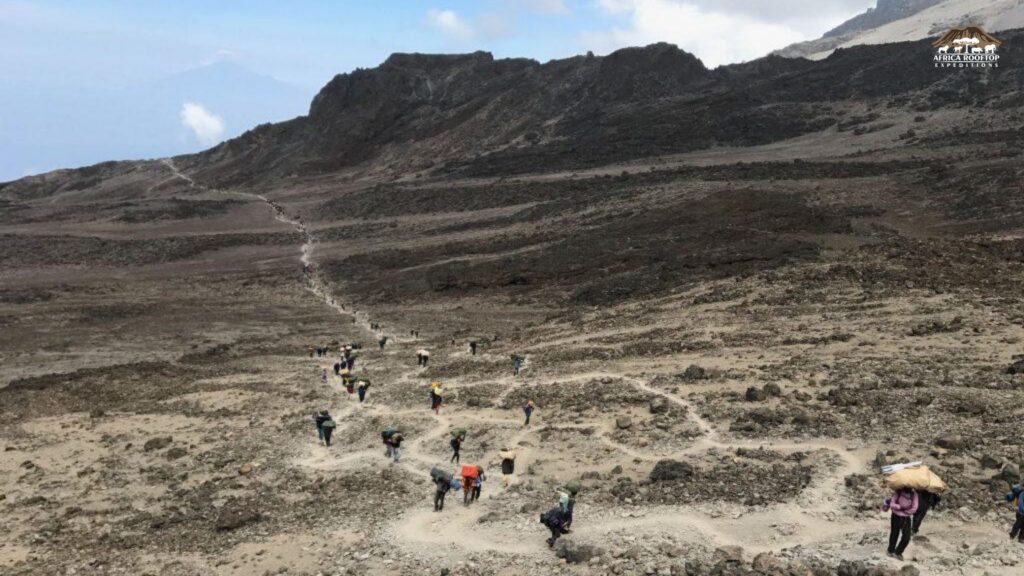
Day 6: Karanga Camp to Barafu Camp
- Hike from Karanga Camp to Barafu Camp (4,673 meters/15,331 feet), a steep ascent of around 3-4 hours.
- Arrive at Barafu Camp and rest in preparation for the summit push.
- Ensure you hydrate and get an early night’s sleep.
Day 7: Barafu Camp to Uhuru Peak to Mweka Camp
- Begin the summit attempt around midnight, climbing through the night.
- Reach Stella Point (5,685 meters/18,651 feet) on the crater rim by sunrise.
- Continue for another 1-2 hours to reach Uhuru Peak (5,895 meters/19,341 feet), the highest point on Kilimanjaro.
- Descend to Mweka Camp (3,110 meters/10,204 feet) for overnight rest.
Day 8: Mweka Camp to Mweka Gate
- Descend through the rainforest from Mweka Camp to Mweka Gate (1,640 meters/5,380 feet).
- Receive your summit certificate and celebrate your achievement.
- Transfer back to Moshi for a well-deserved rest.
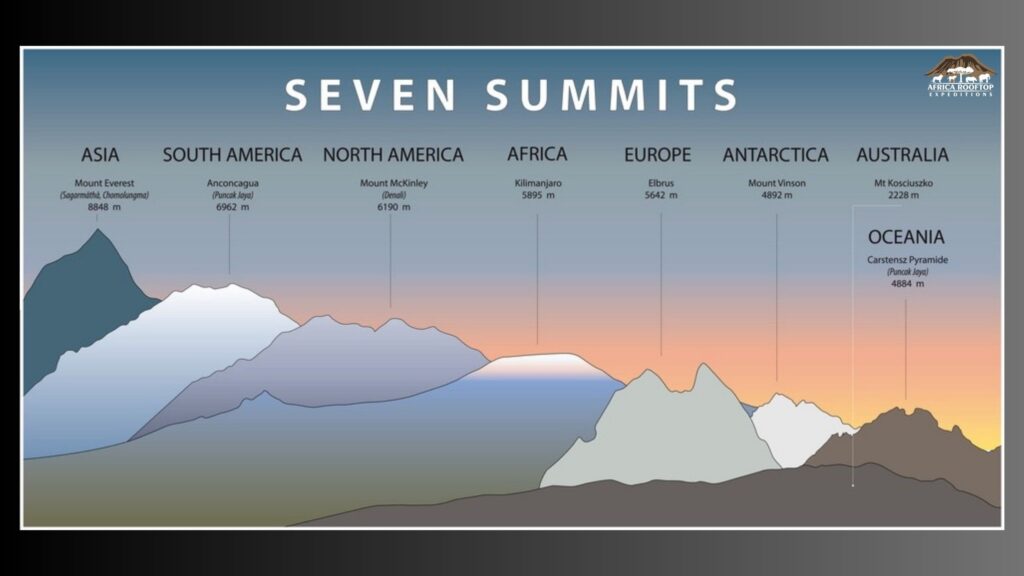
Please note that this itinerary serves as a general guideline, and actual durations may vary. The longer the climb, the better the acclimatization and the higher the chances of reaching the summit. It’s crucial to listen to your body, follow your guide’s instructions, and maintain a slow and steady pace throughout the climb.
Remember, climbing Kilimanjaro is physically and mentally demanding, and altitude sickness can be a risk. Adequate training, proper gear, and gradual acclimatization are essential for a successful and safe ascent. It’s recommended to consult with a healthcare professional before attempting the climb, especially if you have any pre-existing medical conditions.
I hope this detailed overview helps you understand the time frame and requirements for climbing Mount Kilimanjaro. Stay safe and enjoy your adventure!
🌍 Unleash Your Adventurous Spirit on an African Safari! 🐘🦁
Ready for a thrilling escape? Dive into the mesmerizing world of African safaris and discover untamed landscapes teeming with exotic wildlife. Click here : Go2AfricaRoofTop to embark on an unforgettable journey where lions roar and elephants trumpet, where giraffes gracefully roam and cheetahs sprint across the golden plains. 📸🌿
Experience heart-pounding moments as you witness predators on the prowl and marvel at the grace of herbivores in their natural habitat. Immerse yourself in the rich tapestry of sights and sounds, from golden sunsets casting a warm glow to the symphony of wildlife echoing through the savannah. 🌅🦒
This is your chance to capture captivating photographs and create memories that will last a lifetime. Don’t miss out on the adventure of a lifetime. Click here : Go2AfricaRoofTop to start planning your African safari today! 🗺️✈️🦁

